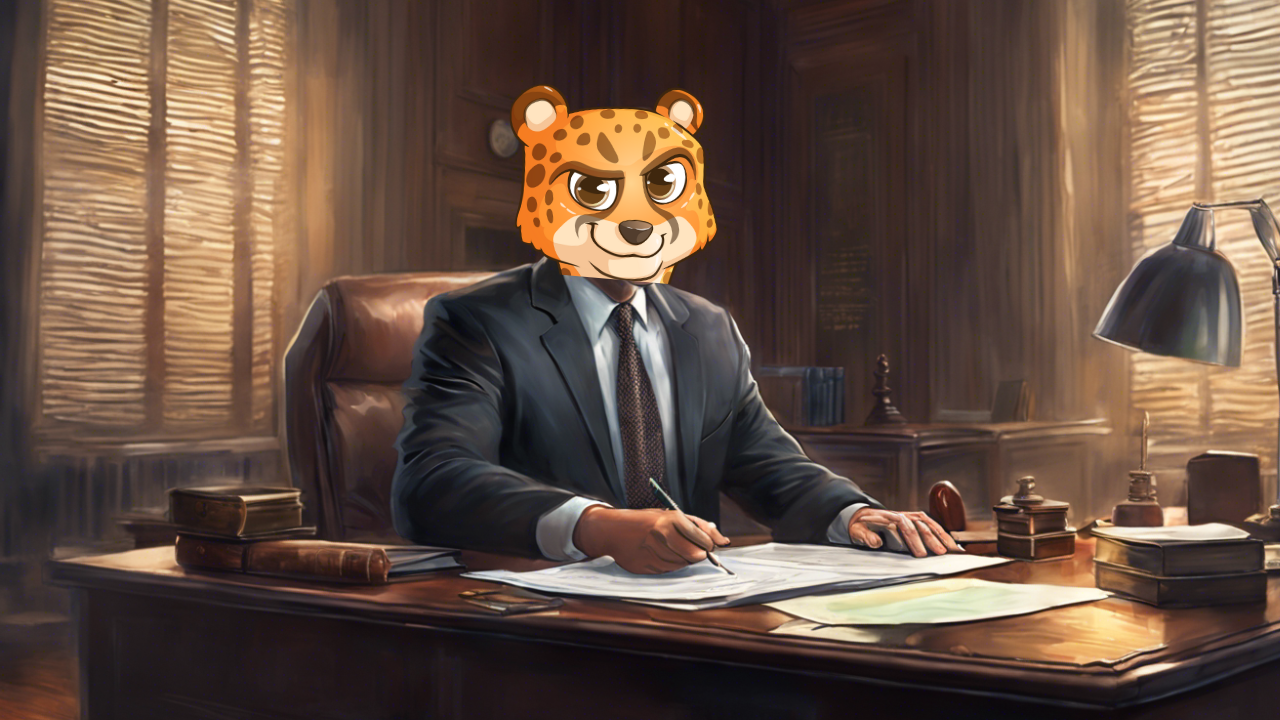4 Must-Know Cases and Deals

Hi this is ZipLaw! This is our ZipTracker Newsletter where we run through the top court cases and deals law firms acted on so you can use them to stand out in applications. All of them (and more) are added to our ZipTracker database daily.
Are you new here? Get free emails to your inbox.
Here’s what we’re serving today:
- Court cases involving: Bird & Bird, Fieldfisher, Shoosmiths
- Deals involving: Ashurst, Davis Polk & Wardwell, RPC
The following deadlines are coming up! Use ZipTracker to stand out in your applications (we have deals & court cases for all of them) 🙌
- 📅 RPC TC (Bristol) - 25 March
- 📅 Ashurst TC - 29 March
- 📅 Mayer Brown TC - 31 March
- 📅 Shoosmiths TC - 31 March
- 📅 Baker McKenzie TC - 1 April
Can AI infringe Copyright?
In Short: Stability AI, the company behind AI art platform Stable Diffusion, counters Getty Images' copyright infringement claims, arguing that the AI-generated images do not violate Getty's intellectual property despite some similarities.

What’s going on?
Getty Images accused Stability AI of infringing on copyrights by using Getty's images to train Stable Diffusion, an AI art generator. Stability AI admits to using images from Getty for training but denies any infringement, arguing that the AI's creations are original and do not replicate Getty's images or watermarks. The defence hinges on the claim that the AI was trained outside the UK and generates images from "random noise," making each output unique and not a direct copy of any copyrighted material.
What are the parties arguing?
- Getty claims that Stability AI unlawfully trained its AI with millions of Getty's images, leading to generated artworks that include "substantial parts" of original Getty photos, sometimes even replicating watermarks.
- Stability AI argues that the AI's training and operations occurred outside the UK, hence not subject to UK copyright laws. The company also contends that the AI-generated images are distinct creations, formed from "random noise" and not direct copies, thus not infringing on copyrights.
Key Points to discuss:
- Location of AI Training: Stability AI's defence relies heavily on the argument that no training of Stable Diffusion occurred within the UK. The company hopes this will allow it to sidestep the jurisdiction of UK copyright laws and weaken Getty's arguments based on UK law. This point emphasises the complex nature of digital creations and the global internet, challenging traditional copyright enforcement boundaries.
- Nature of AI-Generated Content: The case delves into the intricate debate about whether AI-generated images, derived from a vast pool of internet-sourced data, can be considered original or if they inherently infringe on existing copyrights. Stability AI's argument that generated images are unique "synthetic images" that do not directly replicate training data could influence future perceptions and regulations around generative AI and copyright.
- Concept of Pastiche in AI Art: Stability AI introduces the notion of its AI-generated images being a "pastiche," an artistic work that imitates various styles or elements but creates something distinct. This argument could set a precedent for how generative AI artworks are viewed in copyright law, potentially distinguishing them from direct copies or derivative works.
⚖️ Which Law Firms are advising on this?
Join ZipLaw+ to continue reading






